The global healthcare landscape is changing faster than ever — and at the heart of this transformation is Artificial Intelligence (AI). Once seen as a futuristic concept, AI is now a driving force behind medical innovation, reshaping how healthcare apps are built, used, and experienced.
In 2025, AI-powered healthcare app development has become more than a trend — it’s a revolution redefining patient care, diagnostics, treatment, and operational efficiency across hospitals and clinics worldwide.
Let’s explore how AI is revolutionizing healthcare app development in 2025, the key innovations transforming the industry, and why AI is shaping the future of digital healthcare.
The Growing Impact of AI in Healthcare
Healthcare has always been data-driven, but with the exponential growth of patient data, traditional systems are no longer enough. That’s where Artificial Intelligence steps in — helping analyze complex medical data, identify patterns, and generate insights that enhance decision-making.
According to Statista, the AI in healthcare market is projected to exceed $180 billion by 2030, driven by advancements in machine learning (ML), natural language processing (NLP), and predictive analytics.
From diagnosing diseases to managing administrative workflows, AI-powered healthcare applications are making healthcare smarter, faster, and more precise.
Why AI Is the Backbone of Modern Healthcare App Development
The integration of AI in healthcare app development is not just improving efficiency — it’s enabling entirely new capabilities. Developers are leveraging AI technologies to build apps that can learn from data, make predictions, and assist medical professionals in real time.
Here’s how AI is redefining the healthcare app ecosystem in 2025.
1. AI-Powered Diagnostics and Early Disease Detection
One of the most revolutionary uses of AI in healthcare apps is automated diagnostics. Using deep learning and image recognition, AI-powered apps can analyze medical images such as X-rays, CT scans, and MRIs with astonishing accuracy.
These systems can detect early signs of diseases like cancer, Alzheimer’s, or diabetic retinopathy — often faster than human specialists.
Example:
Google’s DeepMind AI successfully diagnosed over 50 eye diseases with higher accuracy than trained ophthalmologists. Integrating similar diagnostic capabilities into healthcare apps is now becoming a reality for clinics worldwide.
2. Personalized Medicine and Treatment Recommendations
In 2025, personalization is at the heart of modern healthcare. AI algorithms analyze vast datasets — including patient medical history, genetics, and lifestyle — to offer tailored treatment plans for each individual.
Healthcare apps can now recommend medication dosages, diet plans, or exercise routines personalized to a patient’s unique condition.
Example:
Apps like Ada Health and Careology use AI-driven insights to provide custom recommendations, making healthcare more accurate and patient-centric.
3. Virtual Health Assistants and AI Chatbots
AI-driven virtual assistants are transforming patient engagement. These chatbots are available 24/7 to:
- Answer health-related queries
- Schedule doctor appointments
- Send medication reminders
- Provide post-treatment care guidance
By automating these interactions, healthcare apps ensure patients receive continuous support while reducing the workload on medical staff.
Example:
Apps like Sensely and Buoy Health simulate intelligent conversation to guide users toward appropriate medical advice or treatment options.
4. Predictive Analytics for Preventive Care
AI excels at prediction. By analyzing patient data and medical records, AI systems can identify potential health risks before they become critical.
Healthcare apps in 2025 are increasingly using predictive analytics to monitor real-time health data through wearables and IoT devices, alerting users and doctors about potential issues like heart irregularities or glucose spikes.
Example:
AI-integrated apps like Fitbit Health Solutions analyze user activity, sleep, and heart rate data to recommend lifestyle adjustments — shifting healthcare from reactive to proactive.
5. Remote Patient Monitoring with AI and IoT
Remote patient monitoring (RPM) has become a major breakthrough in modern medicine. AI-powered healthcare apps now integrate seamlessly with IoT-enabled medical devices to collect continuous patient data such as blood pressure, heart rate, and oxygen levels.
AI algorithms process this data to detect abnormalities and send instant alerts to healthcare providers, enabling faster interventions and reducing hospital readmissions.
This technology is especially beneficial for managing chronic conditions and post-surgery recovery.
6. Streamlining Clinical Workflows
AI is not only transforming patient-facing experiences but also optimizing backend healthcare operations.
From automating billing to digitizing medical records and managing appointments, AI-powered apps reduce administrative burden and allow healthcare professionals to focus more on patient care.
For example, natural language processing (NLP) helps convert doctor-patient conversations into structured medical notes, improving documentation accuracy and saving valuable time.
7. Drug Discovery and Clinical Research Acceleration
Traditionally, drug discovery took years of research and billions of dollars. AI is changing that.
Through deep learning and molecular modeling, AI can simulate chemical interactions, predict drug efficacy, and identify potential side effects — accelerating the discovery process dramatically.
Example:
Companies like Insilico Medicine are using AI to design new drug molecules, cutting research timelines by up to 70%. These innovations are also being integrated into healthcare apps to streamline clinical trial data collection.
Benefits of AI-Powered Healthcare App Development
The integration of AI into healthcare app development delivers tangible benefits to all stakeholders — from patients to hospitals and developers.
For Patients
- Real-time health tracking and early diagnosis
- Personalized treatment and lifestyle recommendations
- 24/7 medical assistance through chatbots
- Better access to healthcare anytime, anywhere
For Doctors and Healthcare Providers
- Improved diagnostic accuracy and treatment efficiency
- Automated administrative workflows
- Data-driven decision-making
- Enhanced patient engagement and satisfaction
For Healthcare Organizations
- Lower operational costs
- Streamlined patient management
- Predictive maintenance of medical infrastructure
- Competitive advantage through digital transformation
Challenges in AI Healthcare App Development
Despite its enormous potential, developing AI-based healthcare apps comes with several challenges that require careful consideration:
1. Data Privacy and Security
Healthcare apps handle sensitive medical data, requiring strict compliance with HIPAA, GDPR, and local privacy regulations to prevent unauthorized access.
2. Regulatory Compliance
AI healthcare solutions must go through rigorous approval processes to ensure accuracy, reliability, and ethical standards in patient care.
3. Data Bias and Accuracy
AI models rely heavily on training data. If the data is biased or incomplete, the app’s predictions may not be accurate — potentially leading to diagnostic errors.
4. Integration with Existing Systems
Integrating new AI applications with legacy hospital systems can be technically complex, requiring interoperability and robust APIs.
The Future of AI in Healthcare App Development
In 2025 and beyond, AI will become the core intelligence of healthcare ecosystems. With continuous advancements in machine learning, robotics, and big data analytics, we’re entering a future where healthcare apps can think, predict, and act autonomously.
Emerging Trends to Watch:
- Digital Twins for simulating patient health scenarios
- Voice-based AI for hands-free medical interactions
- Generative AI for automated medical report generation
- Augmented Reality (AR) & AI integration for advanced surgical simulations
- Blockchain integration for secure medical data exchange
The future of healthcare isn’t just digital — it’s intelligent, connected, and patient-first.
Code Brew Labs: Leading the AI Healthcare Revolution
At Code Brew Labs, we believe AI is redefining healthcare for a better tomorrow. Our team specializes in AI-powered healthcare app development, helping hospitals, startups, and enterprises design intelligent digital health solutions.
We build solutions that combine AI, machine learning, IoT, and predictive analytics to deliver:
- Remote patient monitoring platforms
- AI diagnostic tools
- Telemedicine and virtual consultation apps
- Predictive health management systems
- Secure healthcare data platforms
With our deep expertise in AI and healthcare technologies, Code Brew Labs is empowering the next generation of digital healthcare innovation.
Conclusion
In 2025, AI-driven healthcare app development is revolutionizing how we prevent, diagnose, and treat diseases. By enhancing accuracy, accessibility, and personalization, AI is bridging the gap between technology and care — creating a smarter, healthier world.

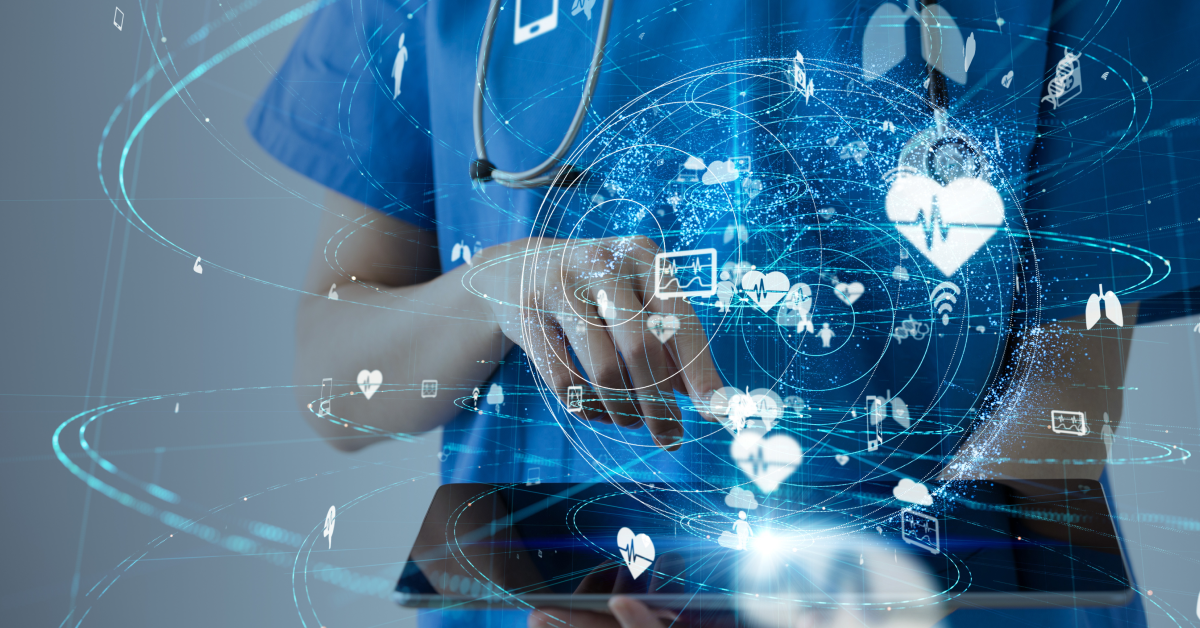


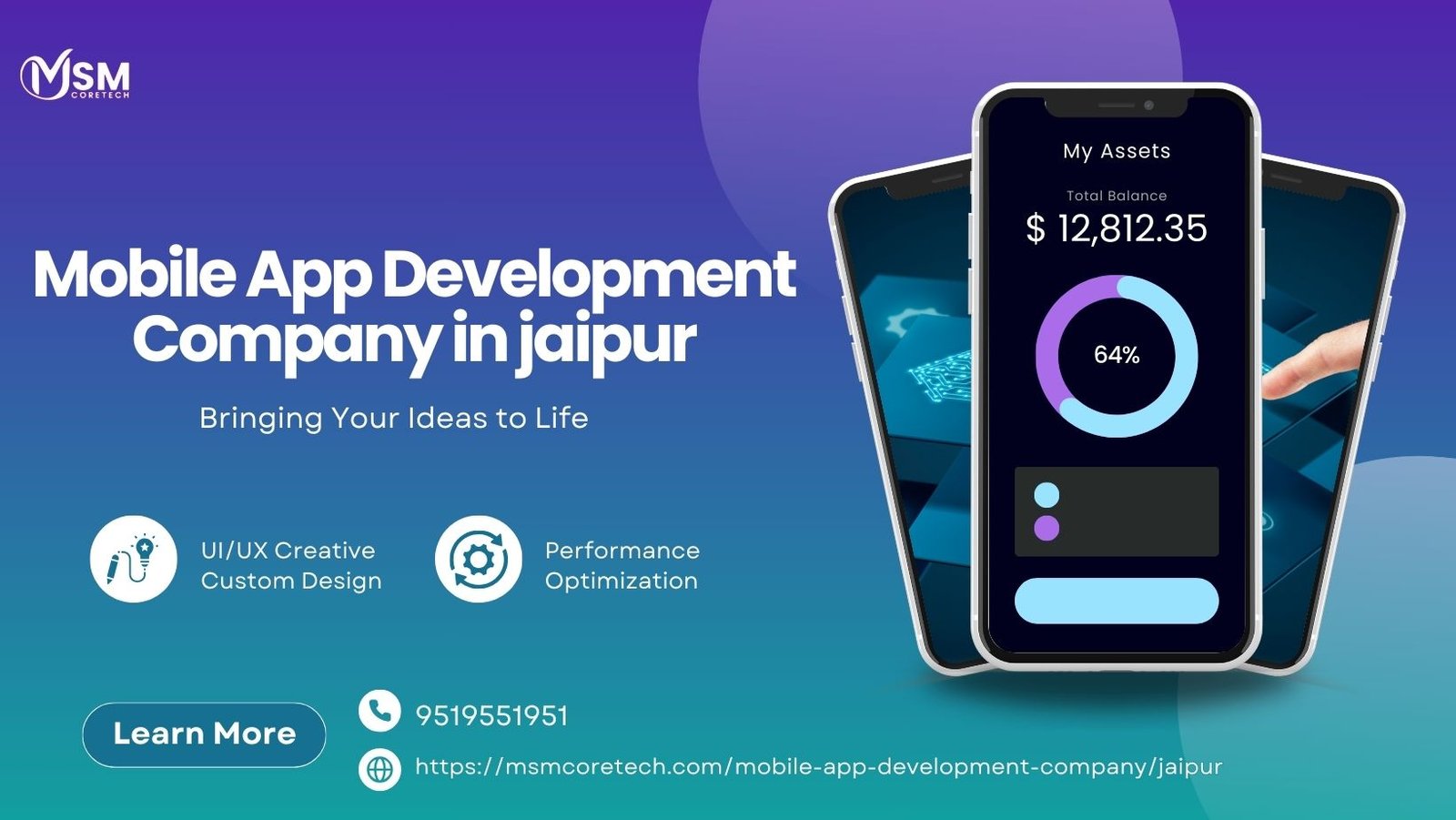
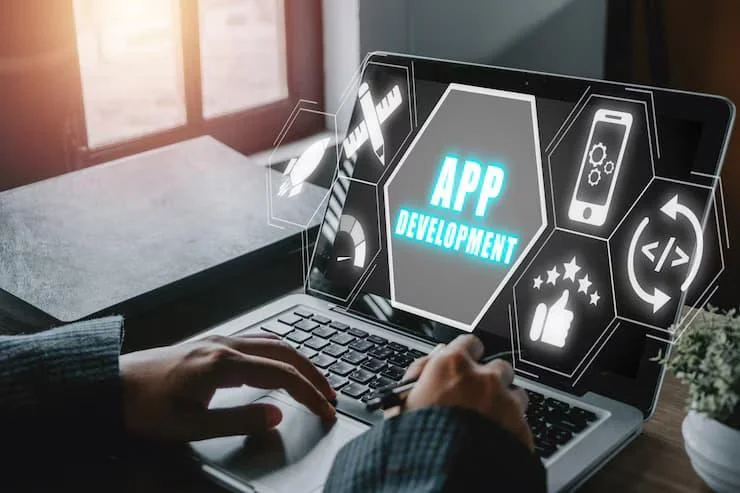
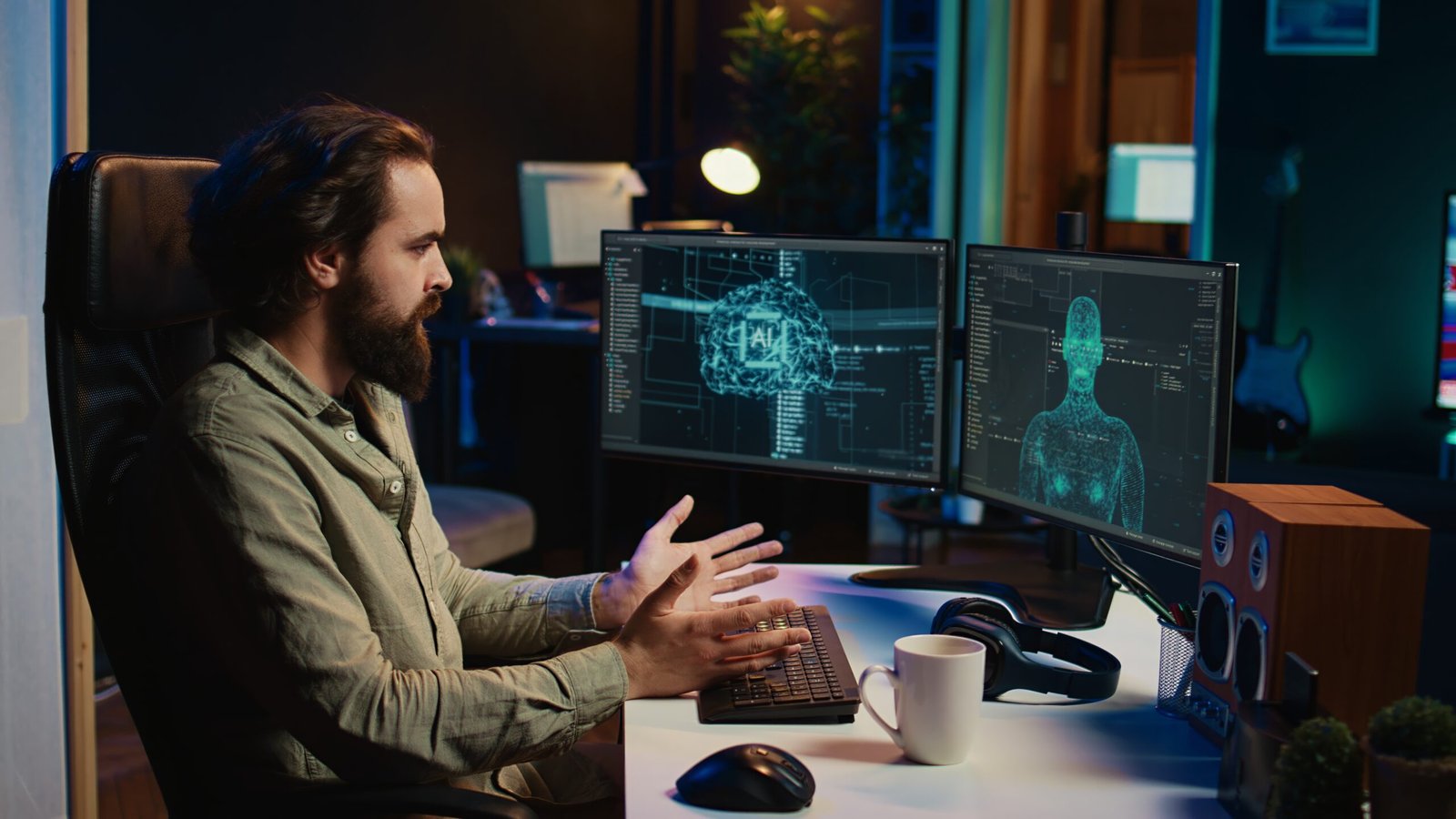
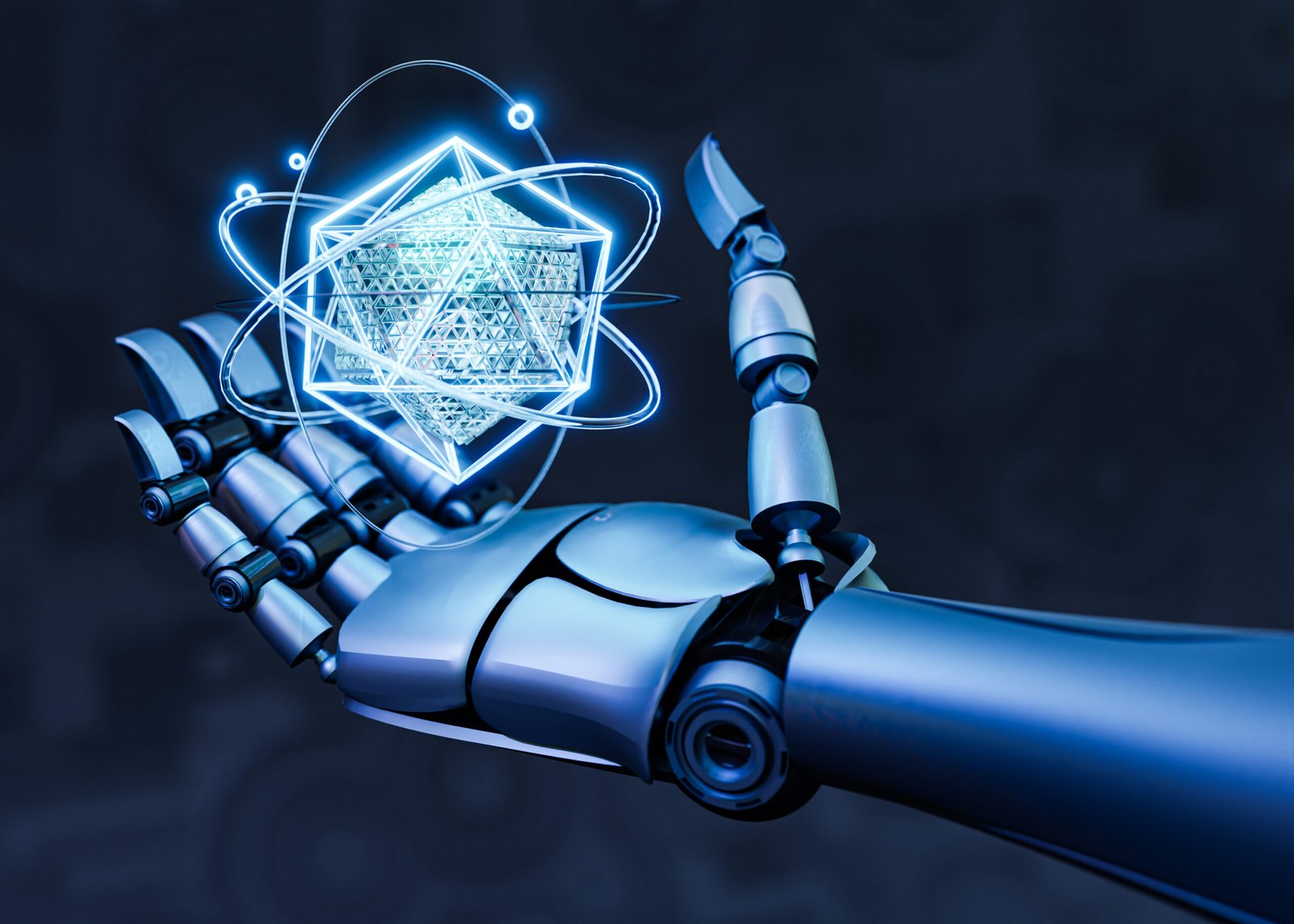
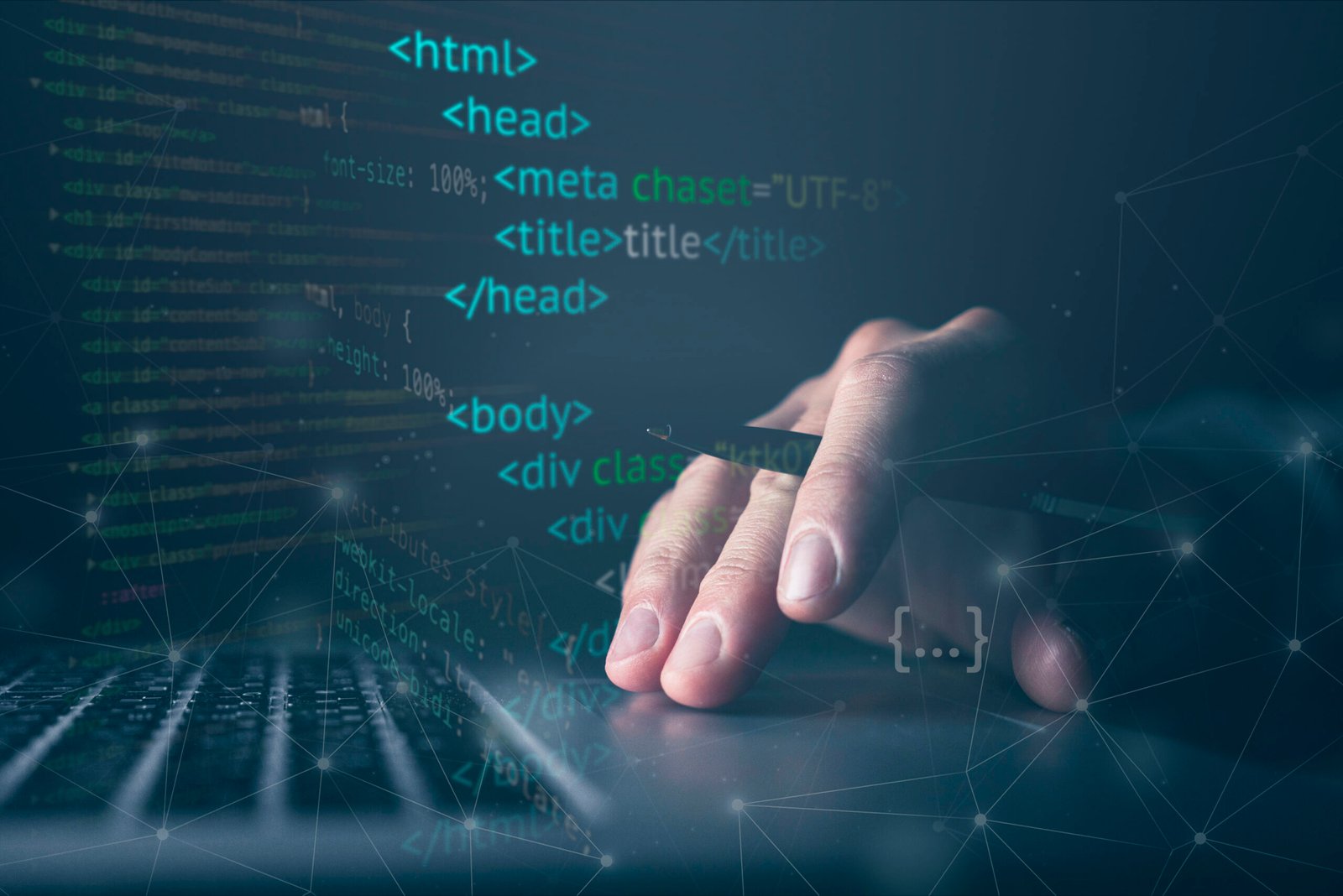

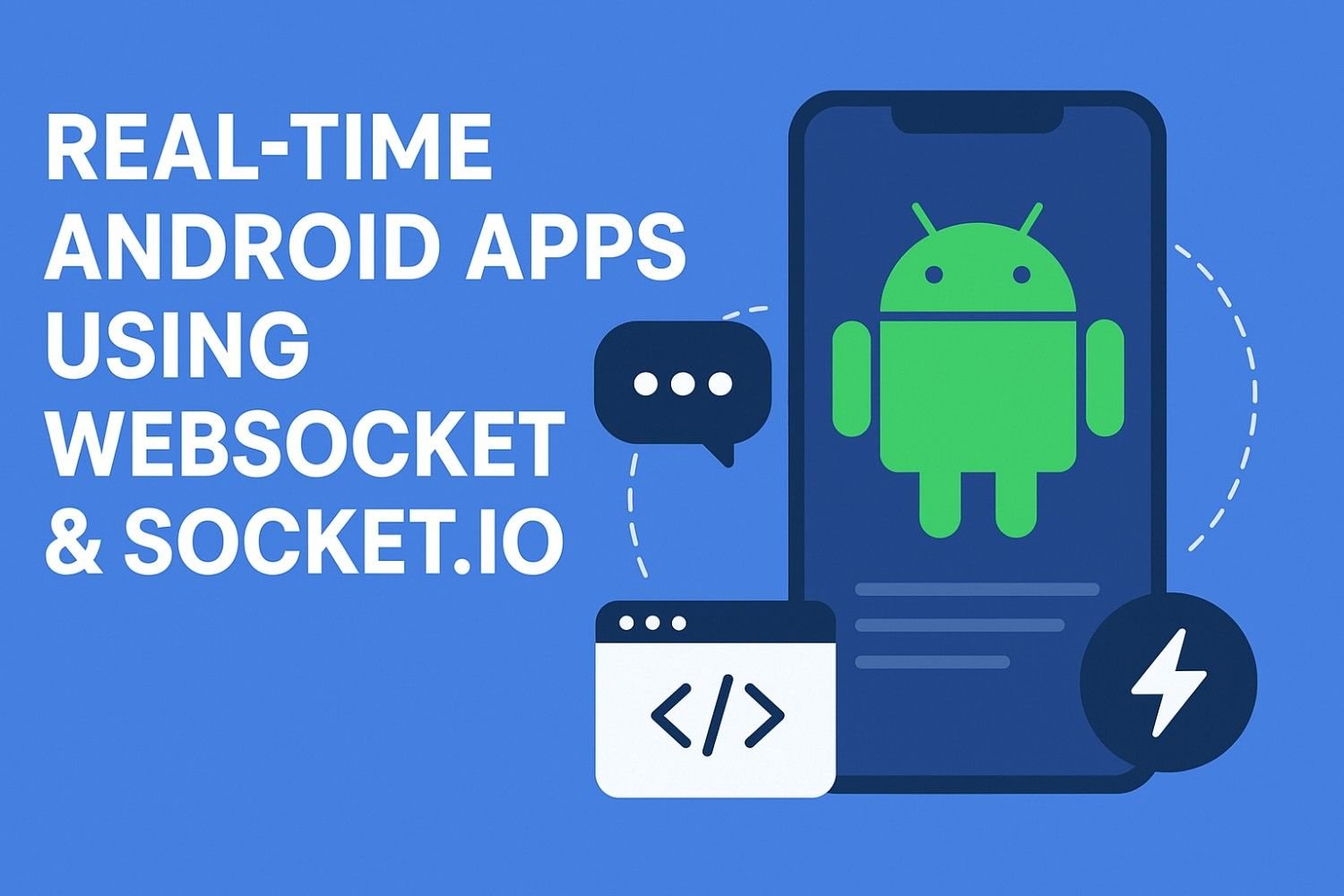
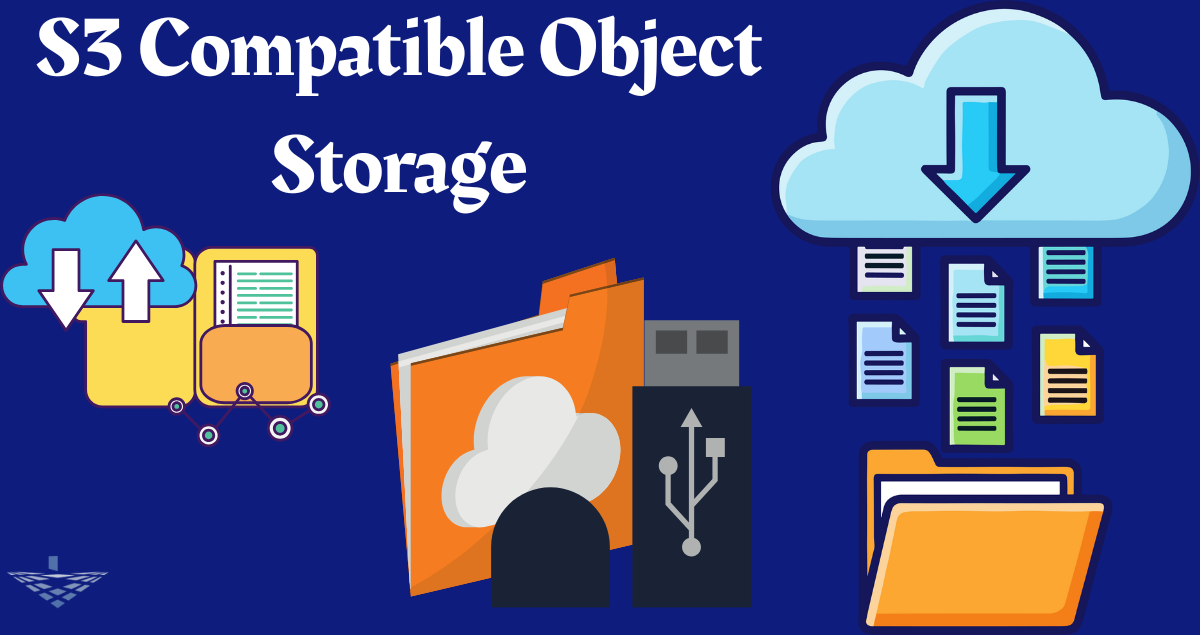
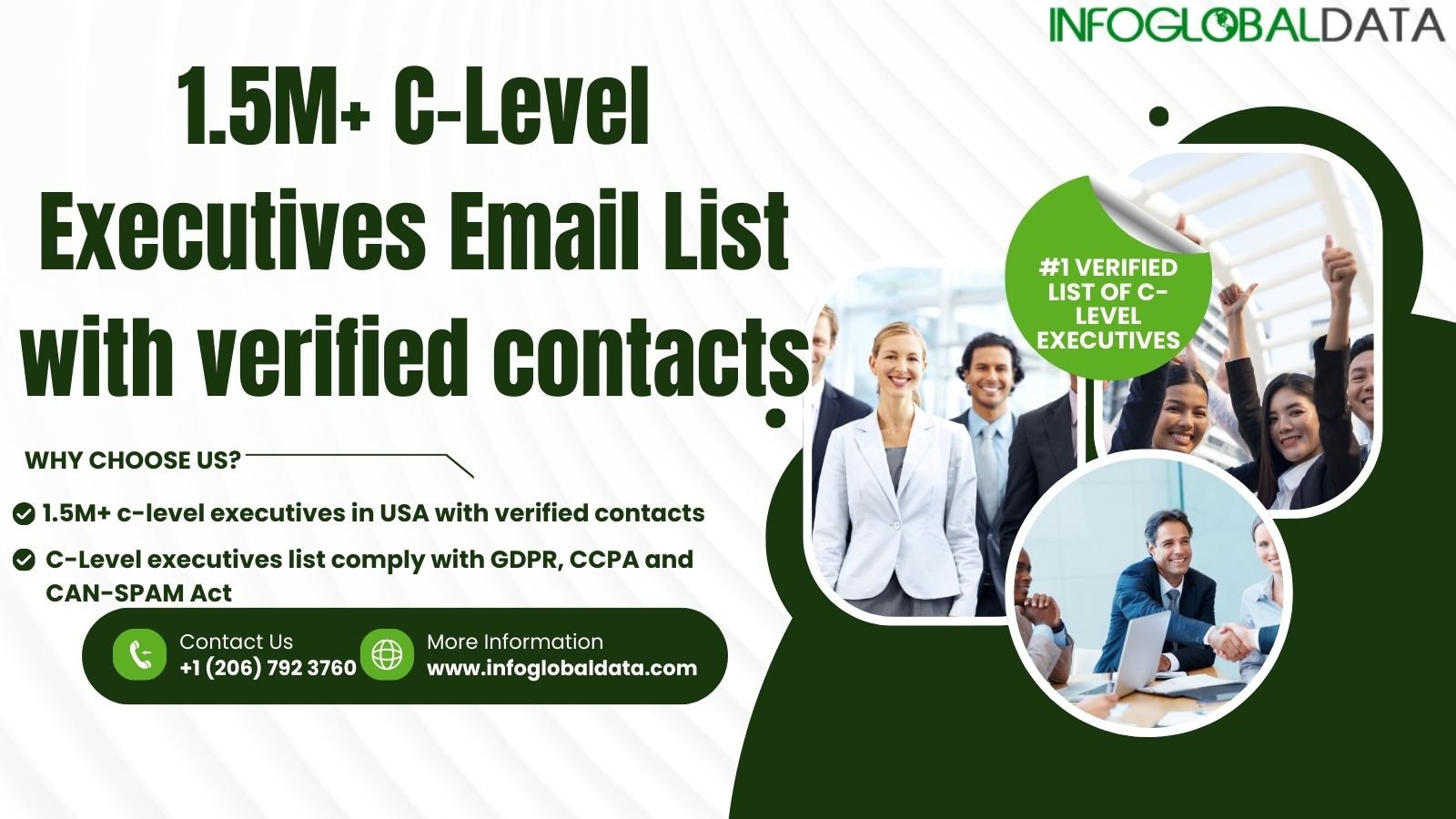



Leave a Reply